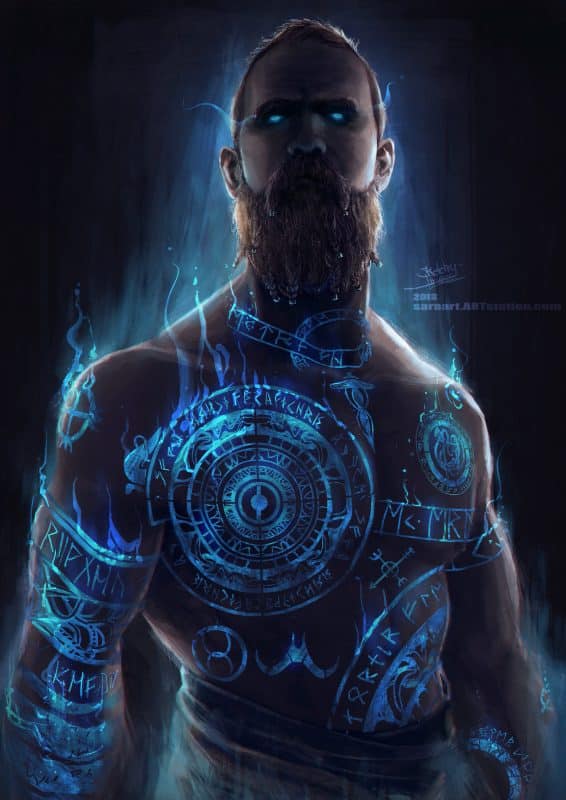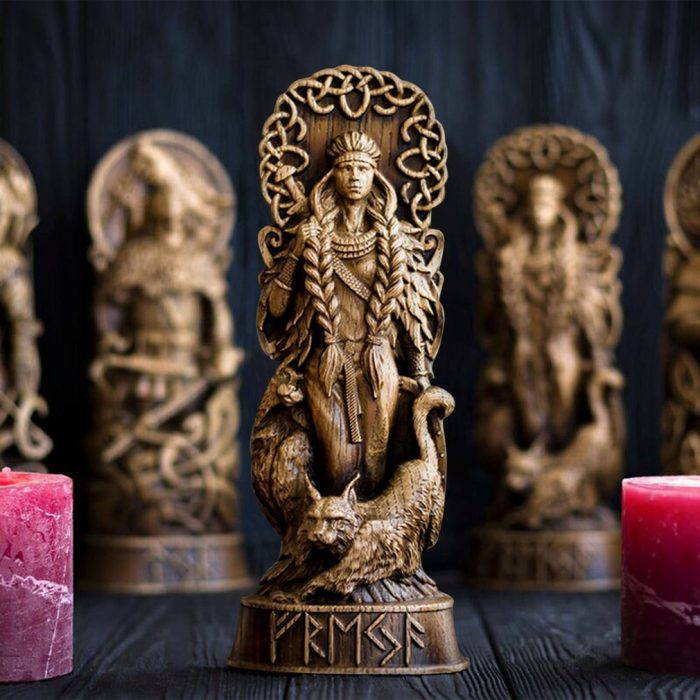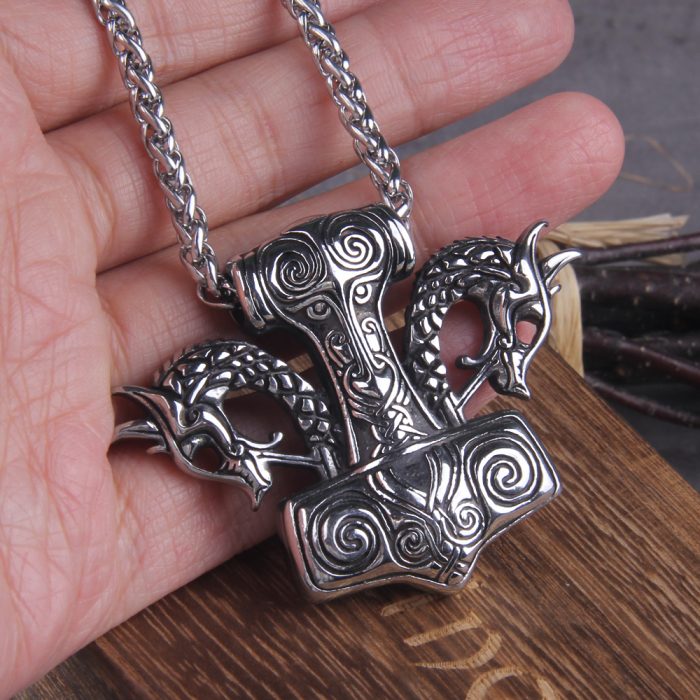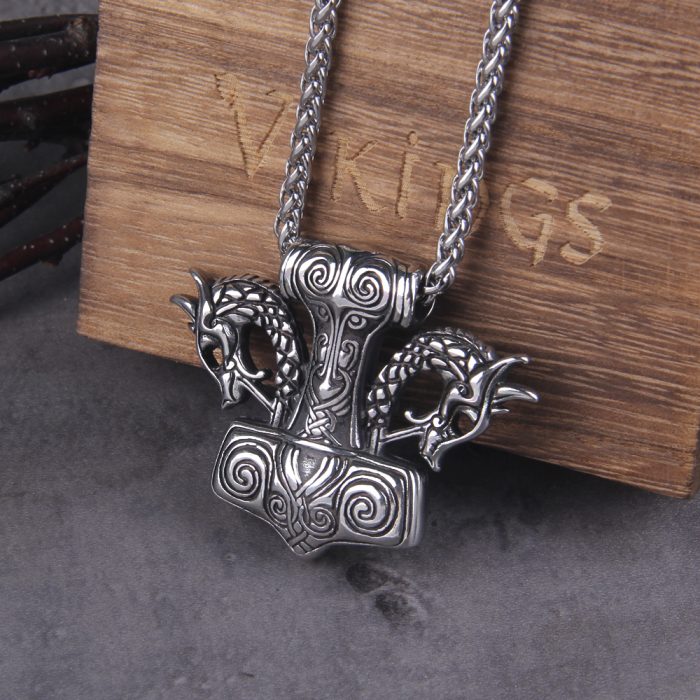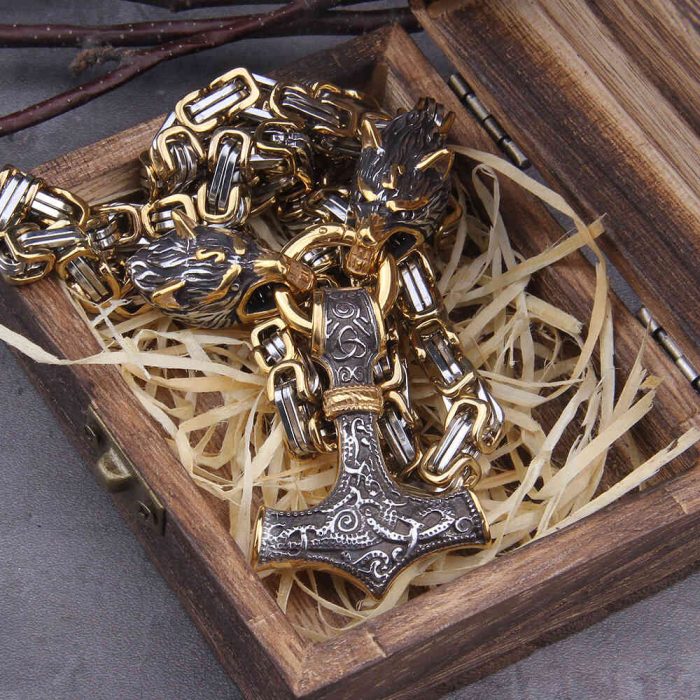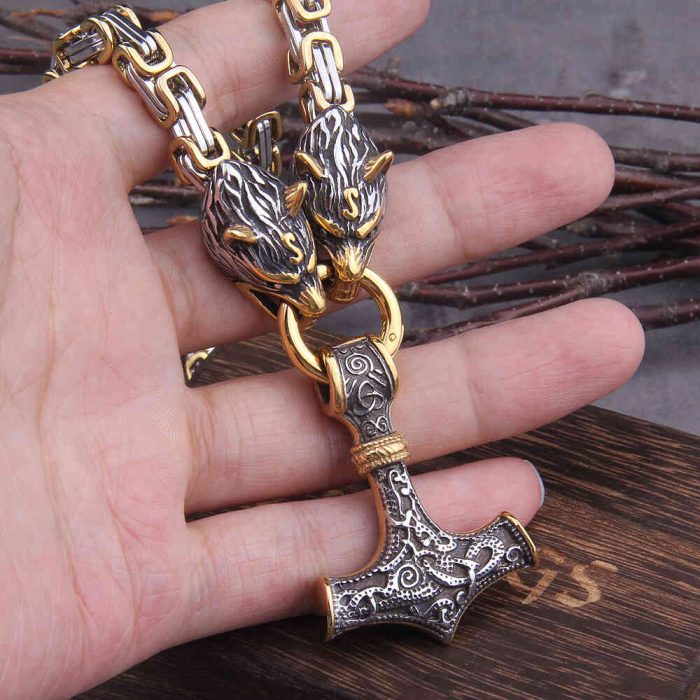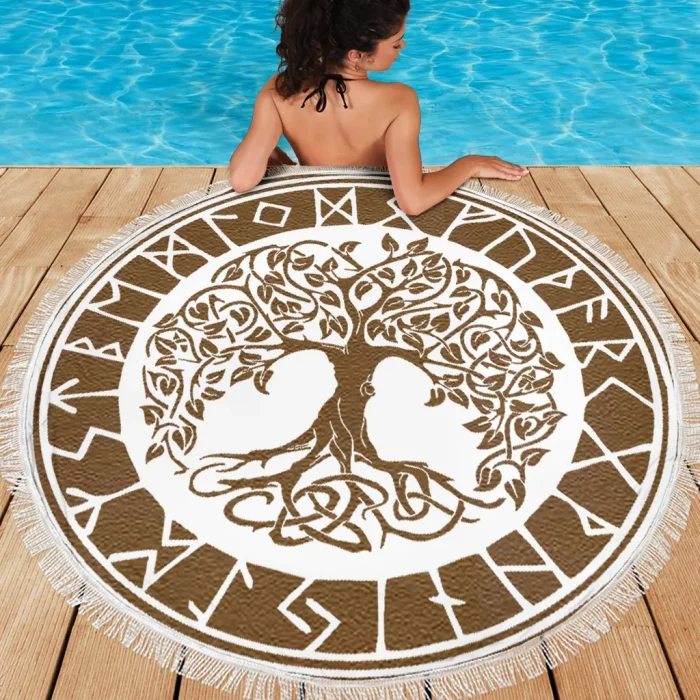Viking
Baldur, the God of Light, Purity and the Summer Sun in Norse Mythology
Thanks to somewhat consistent modern adaptations of Norse myths and gods, we have been seeing major deities of Norse mythology like Odin and Thor get more and more screen time. However, Norse mythology is so much more than just these two. We will be examining Norse gods and myths one by one and now is the time for Baldur the god of purity, light and the summer sun.
Baldur was the of the son Odin and Frigg and had many siblings including Thor. He is also known as the father of Forseti, the god of justice in Norse mythology. Other variations of Baldur’s name were Balder and Baldr.
He was depicted as an incredibly handsome character who was also very generous, a reason that made him liked by almost all gods.
Baldur in History and Literary Works
Baldur was firstly mentioned in history in the 12th Century, during which a number of Danish Latin chroniclers including Saxo Grammaticus told of Baldur’s legend.
Two great works of literature written in the 13th Century, the Poetic Edda and Prose Edda both contain many references to Baldur and the tale of this death, an event that was considered as a disaster heralding Ragnarok.
Further scriptures within the Prose Edda tell us about Baldur’s romantic interests and offspring, as well as of his personal possessions. Along with his residence, the greatest vessel ever to be built owned by Baldur, Hringhorni, was mentioned in the Prose Edda.
Baldur’s Name and Its Meaning
In his Teutonic Mythology scriptures, Jacob Grimm paints links between the Norse legend Baldur and the Old High German, ‘Baldere’.
On the other hand, other historians link the name Baldur to the Old English words, ‘bealdor’ and ‘baldor’, which can be interpreted to mean ‘lord’, ‘prince’ or ‘king’, or ‘lord of men’, ‘lord of warriors’.
In a general sense, Norse language associates all these terms with heroes and heroism. Jacob Grimm goes further as to interpret these words in a way to mean ‘bold’ and ‘brave’.
That being said, these associations to the name Baldur as a ‘brave god’ may not be the primary meaning behind it. In Baltic languages there is a word that translates literally as ‘the white’, or ‘the good’. As a result, Jacob Grimm suggested that Baldur’s name may have been a word carried from Baltic languages into Proto-Germanic languages, showing associations with ‘day’. In conclusion, Baldur’s name was associated with the term ‘shining one’ or ‘white one’ strengthening the belief in him being the god of the summer sun, purity and light.
Block "odin" not found
Baldur’s Death in Mythology
Out of all myths involving him, the one related to his death is probably the one that he is the most famous with.
The tale of Baldur’s death was referred to numerous times as early as in the Prose Edda and Poetic Edda. According to belief, his death was one of many unfortunate events that would result with the destruction of the gods and the end of the world during Ragnarok. That being said, it was believed that Baldur would be born again into the new world.
According to the myth, Baldur dreamed of his own death and shared this dream with his mother. In these ancient times, dreams were considered as prophecies of forthcoming events and that brought great sadness to Baldur. After hearing about the dream, his mother, Frigg, forced every animate or inanimate object on Earth to make a vow to never do harm on Baldur. It is said the only object that did not make this vow was the mistletoe. Since it was an ordinary plant this was not considered as a threat against Baldur. Some versions of the myth suggest that Frigg neglected the mistletoe thinking it is a harmless plant.
One of the Norse gods, who has been considered as a somewhat evil God, Loki, heard of this vow and the fact that the mistletoe did not swear to never harm Baldur. Loki crafted a magical spear from the mistletoe. Later on, while the gods were entertaining themselves by throwing objects at Baldur since they knew he could not be injured. Loki went to see Baldur’s brother, Hodr the blind god and handed him the spear in an act of trickery. Hodr threw the spear at Baldur and unknowingly killed him.
Baldur’s body was burnt aboard his ship, Hringhorni, considered to be the finest ship ever built. It is believed that Odin whispered something into Baldur’s ears although no records of myths ever stated what his words were.
Baldur’s wife jumped into the funeral pyre onto the burning ship to surrender to Ragnarok, in the hope that she would be reunited with Baldur. Baldur’s horse was also thrown onto the fire to be burned alongside him.
When Baldur reached the underworld, Hel swore to send him back to the world of living, if all objects on Earth, both alive and death, shed a tear for him. Much like the oath that caused his death, there was but one object that refused; a giantess named Þökk. Some versions of the story suggest that this giantess was indeed Loki in disguise who would not mourn the death of Baldur. Regardless, this meant Baldur could not escape from the underworld, not until Ragnarok took place, at which point he would be reborn into the new world to rule with Thor’s other sons.
Why Do People Kiss Under the Mistletoe? – The Story of Frigg and the Mistletoe
According to the belief, after Baldur’s death, his mother Frigg’s tears became the berries of the mistletoe and it was agreed that mistletoe would bring only love to the world not death or anything else and two people passing under it would share a kiss in memory of Baldur. That is the reason why people kiss under the mistletoe today.
Share our post about Baldur, the god of light, purity and the summer sun if you liked to read it, thanks.

